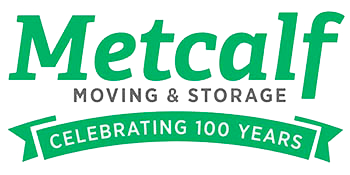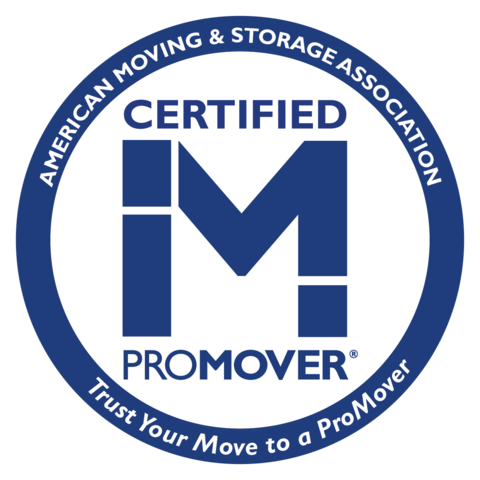METCALF MOVING BLOG
Restricted Items That Household Movers Won’t Move
Moving is a process that typically isn’t easy to complete on your own. Hiring local movers can not only save you plenty of time, but it can also help you move objects you wouldn’t otherwise be able to.
But, it’s essential to keep in mind that there are particular possessions that movers won’t relocate for you. Discuss restricted items with your mover to get a complete list.
Here’s an overview of some restricted items that you may not have thought about.
Plants
If your move is a long-distance move – 150 miles or more – your professional mover is restricted from moving your plants. Since federal guidelines consider plants perishable, the law does not allow movers to transport them in moving vans. If your move is shorter than 150 miles, consult with your movers to see what their policy is.
If you are moving to another state, contact the Department of Natural Resources to see if any regulations apply to your move. Certain states regulate incoming soil and plants to prevent the spread of harmful disease and insects
If you can’t relocate your plants, consider donating them to neighbors or friends.
Flammable Items/Explosives
Substances like lighter fluid, kerosene, and paint remover are items that you’ll also need to move on your own. Even charcoal is a substance you’ll need to either dispose of or move on your own. Contact your city or county to find out where to properly dispose of these items.
Propane tanks cannot be moved full or empty.
Similarly, explosive items like ammunition and fireworks are things that movers won’t tackle.
Corrosive Chemicals and Hazardous Materials
Another category of things your movers won’t move include even everyday items you might not think of. These things are dangerous for your movers to move.
Some of these hazardous items include things like:
- Bleach
- Ammonia
- Nail Polish and Polish Remover
- Cleaning Solvents
- Fertilizer
- Paints
- Car Batteries
Consult with your local residential mover to get a complete list of hazardous items.
Hazardous materials pose too many variables in the moving process. Most of these household items can be replaced when you arrive at your new home.
Personal and Sentimental Valuables
Cash, checkbooks, important documents, jewelry, and keepsake items are possessions that you will need to be responsible for.
Keep items with sentimental or personal importance with you throughout the move. This includes things that you will either need to have with you or items that have sentimental value and can’t be replaced.
Pets
You’ll need to take your pets to your new home on your own. Or, ask a friend or family member to help you transport them. Moving vans are not safe environments for pets, and the movers will not transport them.
Equipment With Fuel in The Tank
Power equipment can be moved, but the fuel tank should be empty. So, don’t forget to check items like your lawnmower and portable generators, for example, to make sure you empty them before moving day.
People
Believe it or not, people have asked if they can ride in the truck with their household goods. Sorry, the answer is no.
Relocating With Local Movers
With the above information about hiring local movers in mind, you’ll be well on your way to making sure your belongings arrive at your new home safely.
Want to learn more about how to pack antique items before you move? This article has plenty of useful info.












